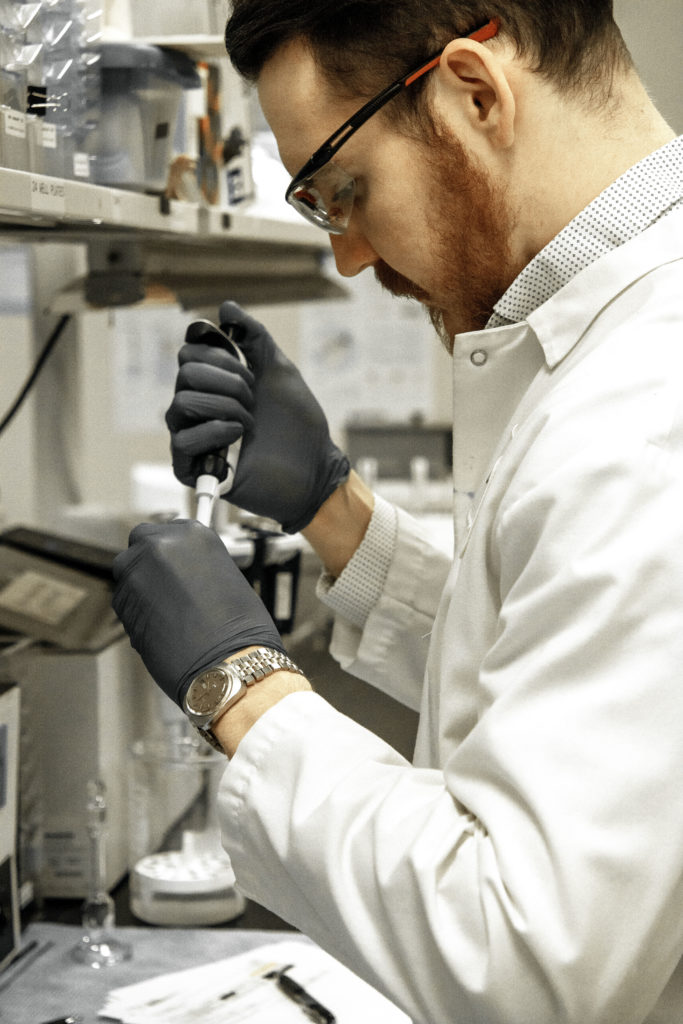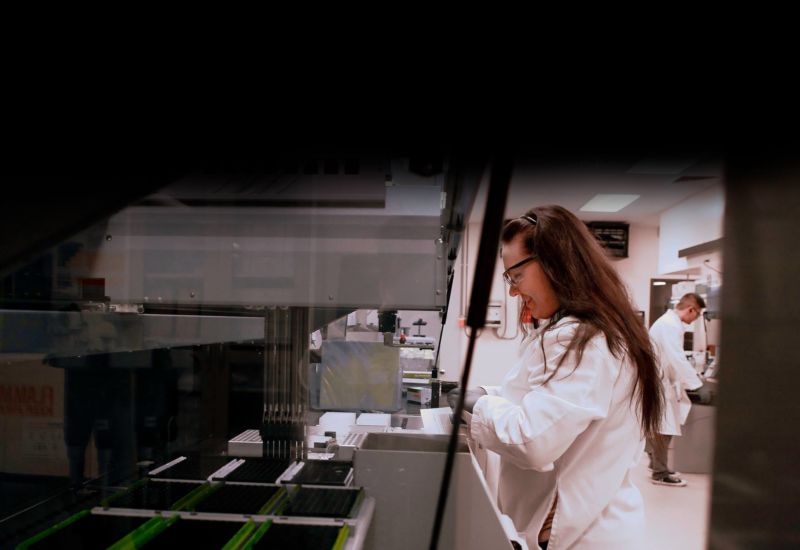Understanding metabolic routes of clearance is a key aspect of investigating DMPK (drug metabolism and pharmacokinetic) properties of a prospective drug compound. In vitro ADME and DMPK studies can provide important information useful for designing further nonclinical and clinical studies.

In Vitro Drug Metabolism Studies for Preclinical Drug Development
You can now request quotes for our research services on BioIVT.com!
Whether you need a single assay or a complete ADME program, BioIVT’s experts will help design and implement the appropriate studies for your drug and research objectives. View BioIVT’s comprehensive portfolio of ADME research services.
Our Approach to Evaluating Drug Metabolism
It is important to identify the enzymes that significantly contribute to the metabolism of a drug candidate and to evaluate its potential to be a victim (a drug whose clearance is significantly impacted by the removal of one or more routes of elimination) in a drug-drug interaction (DDI). We perform various types of in vitro metabolism studies to evaluate the potential of your compound to be metabolized by hepatic and/or extrahepatic enzymes, assess the extent of metabolism (stability), and elucidate the metabolic pathways to provide support through discovery and development processes.
Drug Metabolism Services We Offer
Metabolic Stability
Metabolic Stability assays measure intrinsic clearance and determine the extent to which a drug will be metabolized. Multiple test systems are available to cover all major enzymes and pathways.
Metabolite Identification (Met ID)
Metabolite Identification/Profiling/Characterization assays identify the number, putative structure, and proposed biotransformation of metabolites produced as a result of interaction with drug-metabolizing enzymes at various sites of metabolism. In some cases these results can determine preliminary components of reaction phenotyping studies.
Reaction Phenotyping
Reaction Phenotyping studies are required by regulatory authorities to identify enzymes responsible for the biotransformation of a compound. Compounds with a single route of elimination have a high victim potential; knowing how a drug candidate is eliminated by the human body is important in understanding the potential for drug-drug interactions.
Species Comparison
Species Comparison uses data from certain definitive in vitro studies to help a sponsor choose a preclinical animal model that most closely resembles human in its metabolic profile. Additionally, comparing animal species to human data helps identify any human-specific metabolites– a very important step in preclinical drug safety testing.


